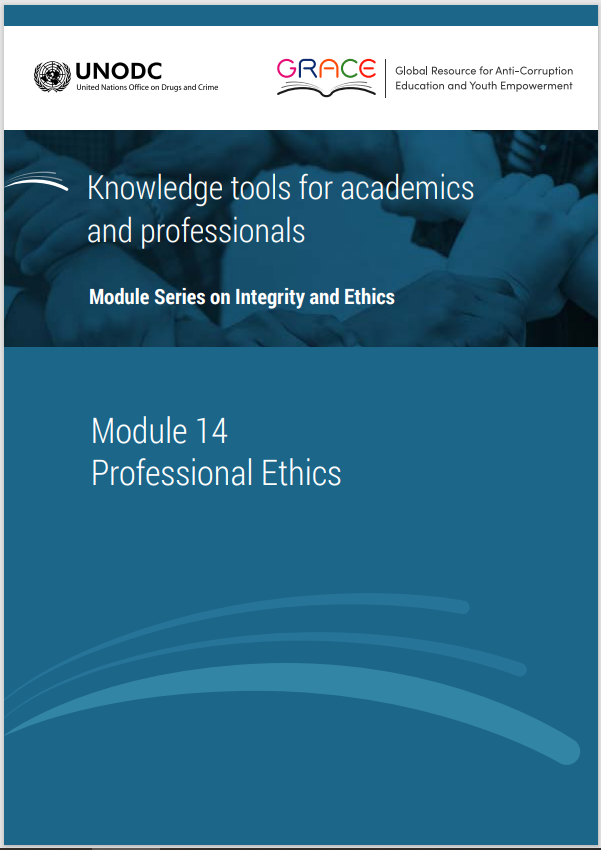This module is a resource for lecturers
Possible class structure
This section contains recommendations for a teaching sequence and timing intended to achieve learning outcomes through a three-hour class. The lecturer may wish to disregard or shorten some of the segments below in order to give more time to other elements, including introduction, icebreakers, conclusion or short breaks. The structure could also be adapted for shorter or longer classes, given that the class durations vary across countries.
Understanding personal, theoretical, and professional ethics (45 minutes)
- Students need to understand the difference between personal, theoretical, and professional ethics. The Module begins with this distinction.
- Students consider the example of lying and evaluate whether people should lie using personal, theoretical, and professional ethics.
Potential conflicts between role morality and personal morality (1 hour)
- Define and discuss the concept of role morality, which is the question of what to do if personal ethics conflict with professional ethics.
- Lecturers choose a case study to analyse and resolve with students.
- David Luban's article on role morality and lawyers is primarily relevant to this segment of the Module.
Professional codes: aspirational and disciplinary (1 hour and 15 minutes)
- Students distinguish professional ethics from professional codes and learn the difference between aspirational and disciplinary codes.
- Start with one code, and after reviewing the code structure and content, pose a problem that students can resolve with assistance from the code. Try to choose a problem that arises in everyday practice, as opposed to a rare problem not encountered by most professionals. After resolving the problem, consider whether a code is effective, and why and in what way.
- Then move on to a second code, and compare the two codes.
- The Module suggests two professional codes for psychologists, one from Asia and another from South Africa, but lecturers should feel free to substitute other sample codes, especially if students are being trained for a particular profession.
- Wrap up the Module by considering why students should seek ethical training in their professional careers, and how they might get it.
 Next page
Next page
 Back to top
Back to top
